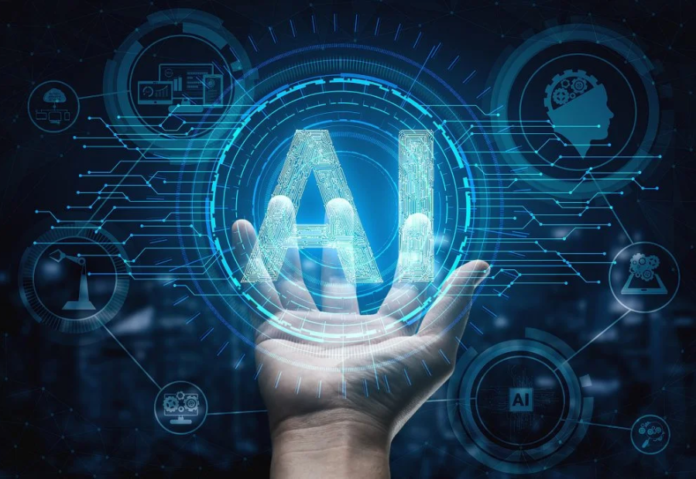Army Gen. Paul Nakasone said that this facility would be integrated into the National Security Agency’s Cybersecurity Collaboration facility, where it collaborates with the private sector and international partners.
The National Security Agency is establishing an artificial intelligence security center, a critical function as AI capabilities are progressively acquired, developed, and incorporated into U.S. defence and intelligence systems, according to the agency’s outgoing director.
Army Gen. Paul Nakasone said that this facility would be integrated into the National Security Agency’s Cybersecurity Collaboration facility, where it collaborates with the private sector and international partners to defend the United States’ defense-industrial base against challenges from threats led by China and Russia.
Nakasone stated that they maintain an advantage in AI in the United States today. “And that AI advantage should not be taken for granted,” he said at the National Press Club, underscoring the threat from Beijing in particular.
When asked if the US has observed Russia or China attempting to influence the 2024 US presidential elections, Nakasone replied, “We haven’t seen that yet.” He pointed out that a number of elections will be held throughout the world prior to that and stated that the US would work with partners and allies to help dissuade any such actions.
According to cybersecurity researchers, China has been expanding cyber operations towards US and ally organisations in recent months, which may include pre-positioning malware aimed at impeding military communications. The United States and Japan issued a warning on Wednesday, claiming that Chinese hackers were targeting government, industry, telecommunications, and other groups that support their forces.
When asked about employing AI to automate the analysis of threat sources and red-flag alerts, Nakasone reminded the audience that AI is already used by US intelligence and defense services.
“AI assists us, but humans make our decisions.” “And that’s a crucial distinction,” Nakasone added. “We see artificial intelligence assisting us. But, at the end of the day, people who are in the loop will make decisions.”
The formation of the AI security center followed an NSA study that recognised safeguarding AI models from theft and disruption as a serious national security challenge, particularly as generative AI technologies develop with enormous revolutionary potential for both good and evil.
Nakasone stated that it would serve as the “NSA’s focal point for leveraging foreign intelligence insights, aiding in the development of best practices, guidelines, principles, evaluation, methodology, and risk frameworks” for AI security, with the goal of fostering the secure growth and implementation of AI within “our national security systems and our defence industrial base.”
He stated that it would collaborate closely with US industry, national labs, academia, the Department of Defence, and partners overseas.
Air Force Lt. Gen. Timothy Haugh, Nakasone’s current deputy, will take over as dual head of the NSA and US Cyber Command. The post puts one person in control of both US cyberdefense and offence, as well as the acquisition of signals intelligence via telecommunications surveillance. Since May 2018, Nakasone has headed both organisations.
Do Follow: CIO News LinkedIn Account | CIO News Facebook | CIO News Youtube | CIO News Twitter
About us:
CIO News, a proprietary of Mercadeo, produces award-winning content and resources for IT leaders across any industry through print articles and recorded video interviews on topics in the technology sector such as Digital Transformation, Artificial Intelligence (AI), Machine Learning (ML), Cloud, Robotics, Cyber-security, Data, Analytics, SOC, SASE, among other technology topics.






